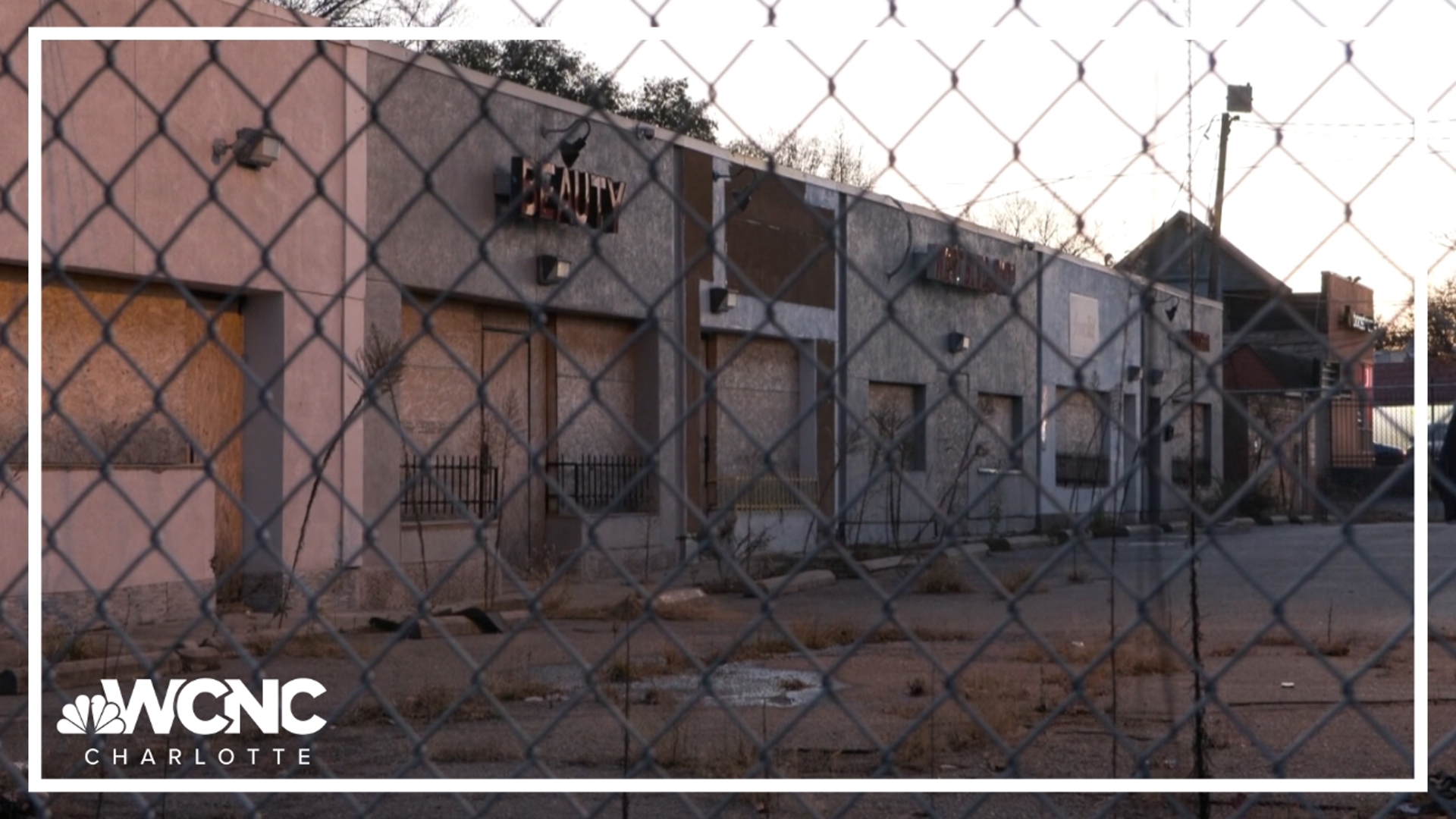CHARLOTTE, N.C. — Community leaders are seeking solutions for the barriers many minority-owned businesses face in underserved areas.
The city of Charlotte has chosen three corridors of opportunity to create a strategy that will help close the racial wealth gap and small businesses succeed. Those strategies will be implemented using a $100,000 grant from an organization called Living Cities.
The communities chosen are the Beatties Ford/Rozzelles Ferry, West Boulevard, and West Sugar Creek corridors.
Starting a business is hard for anyone. J'Tanya Adams, founder of Historic West End Partners, said it’s often even harder for people of color.
"If my grandmother went through it, my great grandmother or grandfather went through it, those are years that you can't get back, where others have been able to excel because they didn't have these hindrances," Adams explained.
Adams used redlining as an example of a systemic barrier that held many Black people back from financially succeeding and starting their own businesses.
Historic West End Partners uplifts businesses on the west side of Charlotte and fosters economic opportunities. While many small businesses are in the community, Adams said it's not exploding with growth because developers with more capital choose to build in other neighborhoods like South End and NoDa.
"Anything that's happening in West End, or not happening, is not because of the crime, it's not because of the location, it's because those that are willing to and have the mind to do great work don't have the resources to do that," Adams said.
She’s one partner helping the city strategize on how to remove barriers for minority-owned businesses in the Breaking Barriers to Business initiative.
Adams said one barrier that could be addressed is a policy in the city’s zoning codes called the UDO.
"Adaptive reuse buildings, we got hit with changes of use and zoning changes from a new ordinance," Adams explained. "So their policies, ordinances, and things of that nature could create a challenge that [small business owners] financially can't navigate, that maybe a larger developer could."
Erin Gillespie with the Corridors of Opportunity program said the city's goal is to refine how it can better support minority-owned businesses in the corridors.
"It's an opportunity for us to uplift the work that our business districts and our corridor organizations have been doing," Gillespie said. "Really, bringing more resources and attention to the good work they've been doing."
The city aims to finalize the plan by the end of January, so it can implement strategies in 2025.

